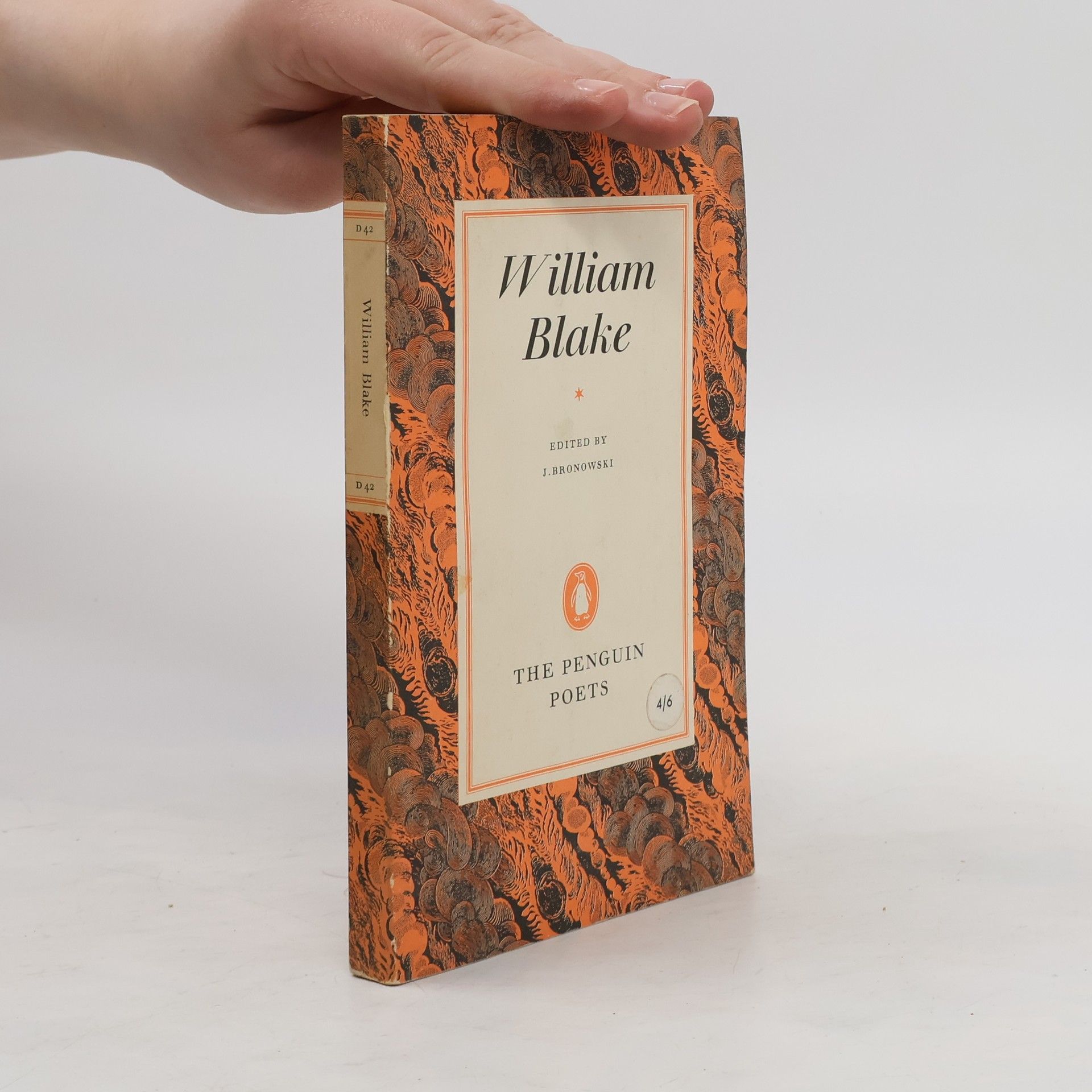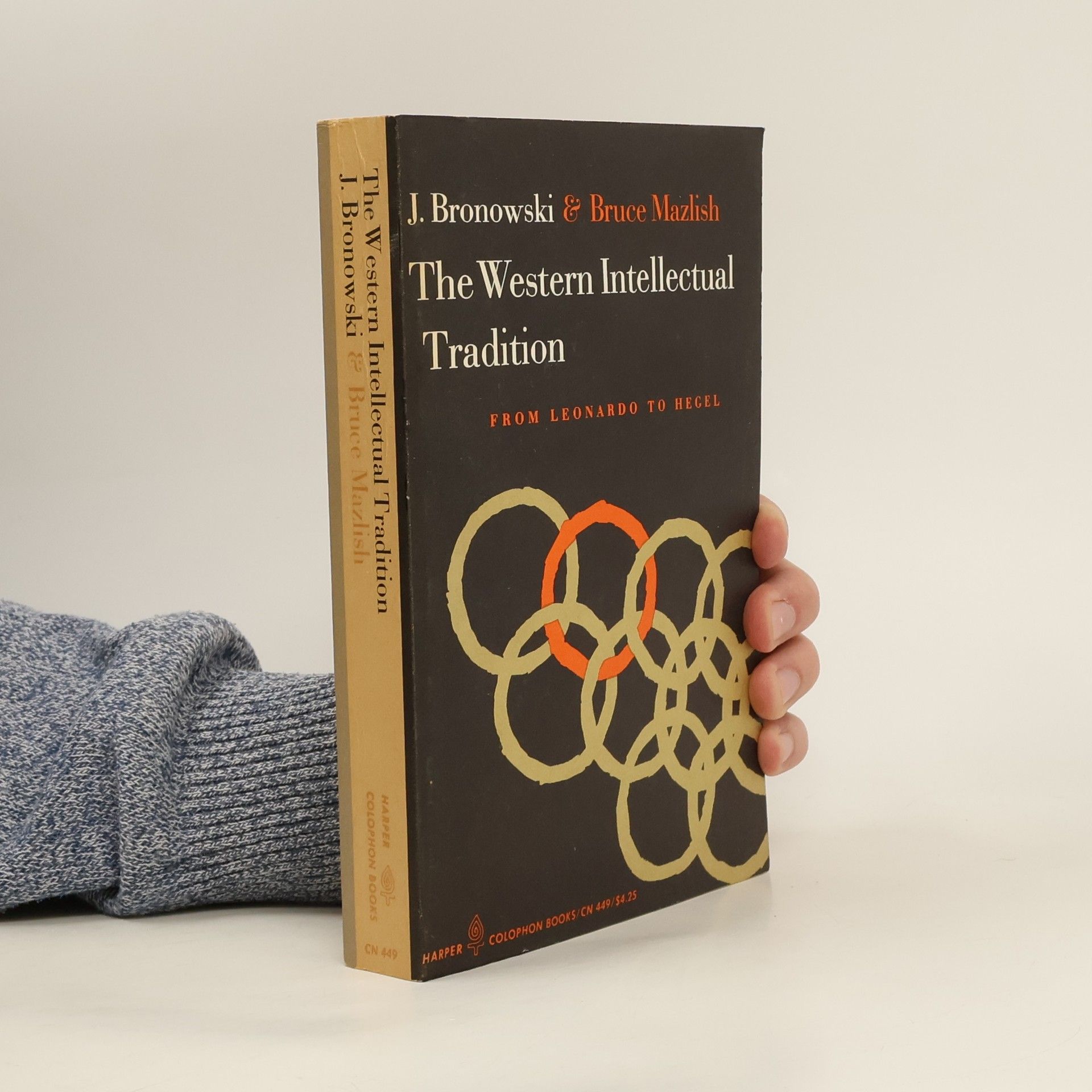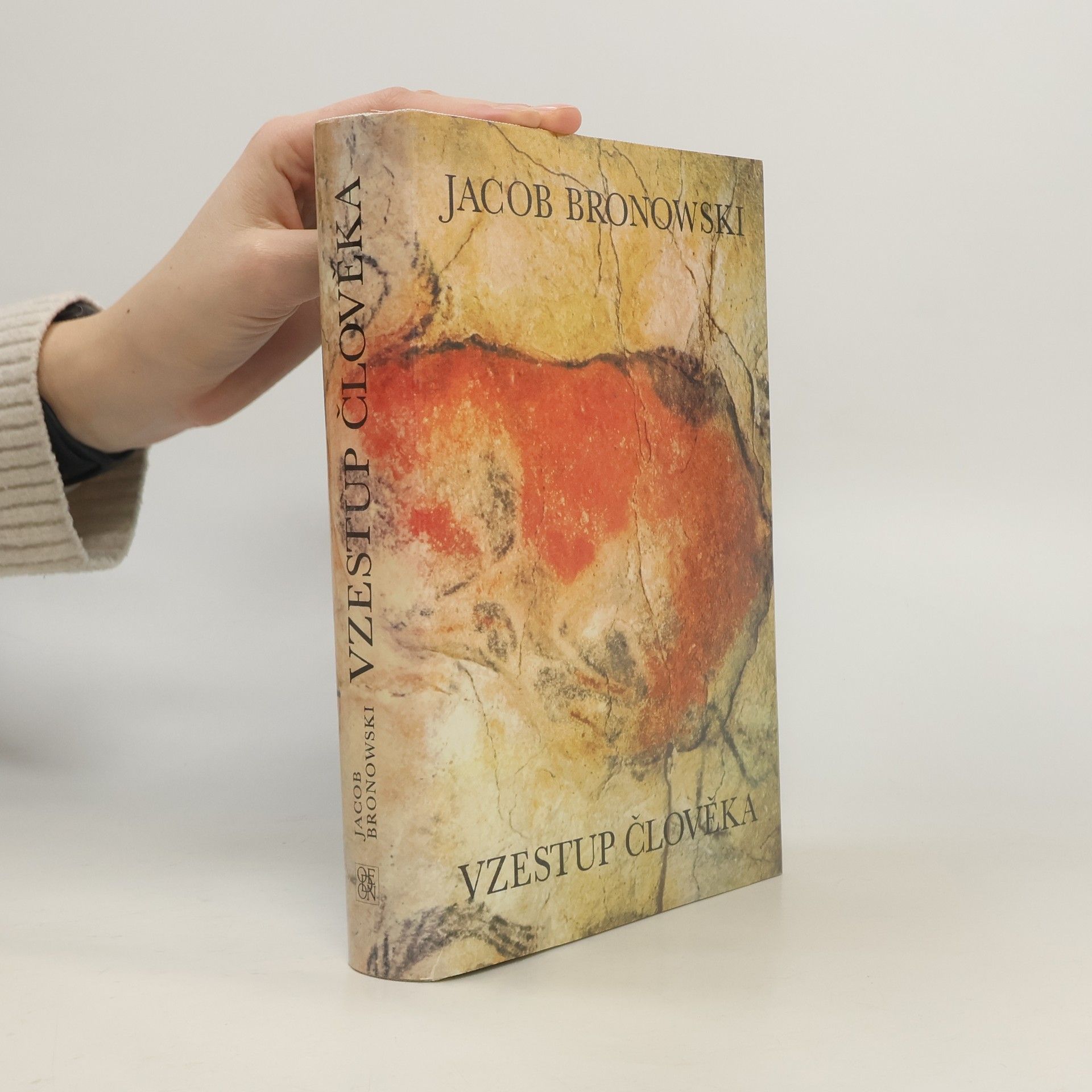Science and Human Values was originally a lecture by Jacob Bronowski at MIT in 1953.
Jacob Bronowski Libros
Un científico británico de origen polaco-judío, cuyo trabajo tendió puentes entre las matemáticas y la biología, explorando el viaje de la humanidad a través del esfuerzo científico. Es más recordado por una serie de televisión seminal que examina la historia del progreso humano a través de la ciencia y la innovación. A través de una investigación meticulosa y la capacidad de conectar diversos campos, iluminó el papel crucial de la imaginación y el lenguaje simbólico en el avance del conocimiento. Sus ideas sobre la naturaleza humana y los productos intelectuales siguen resonando.


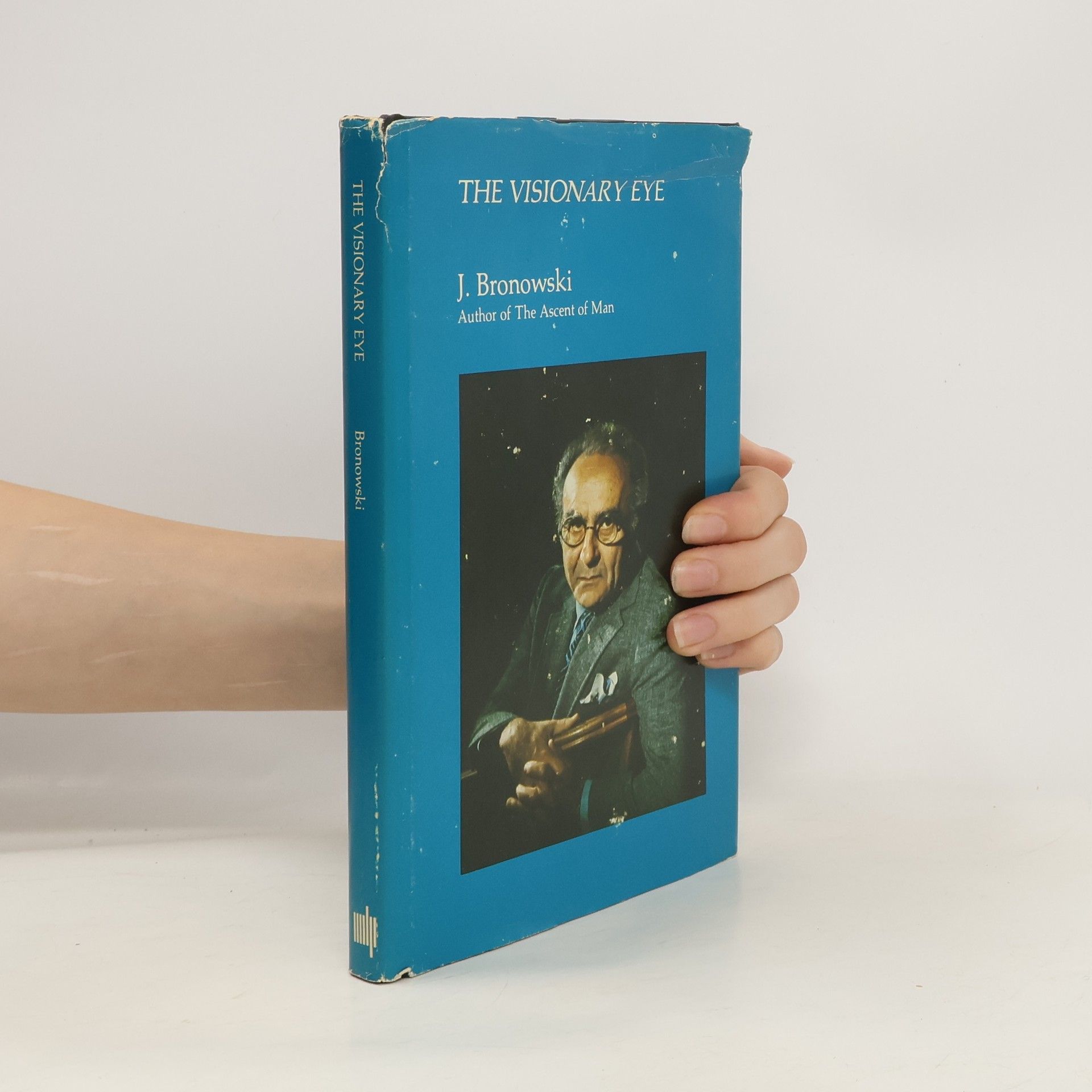
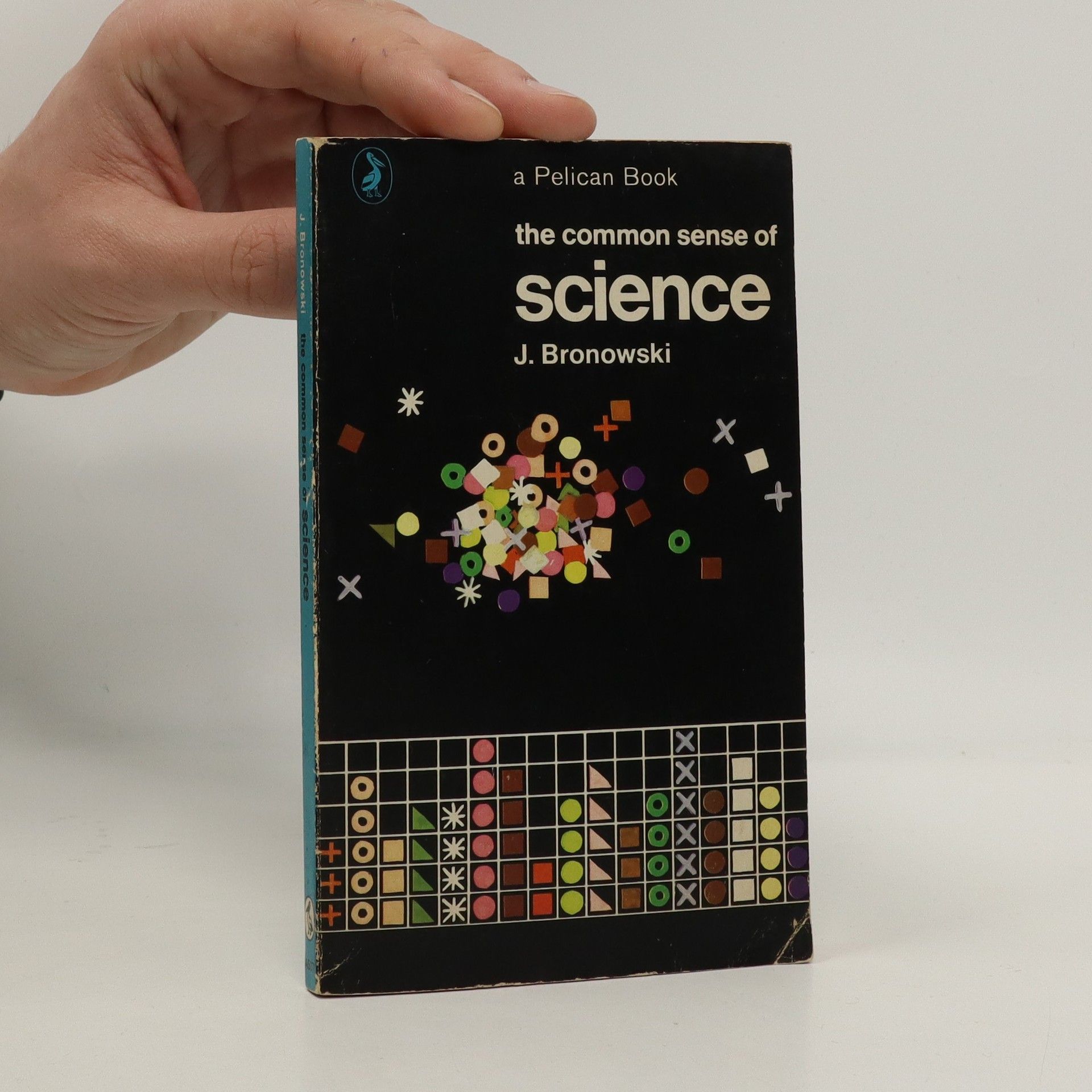

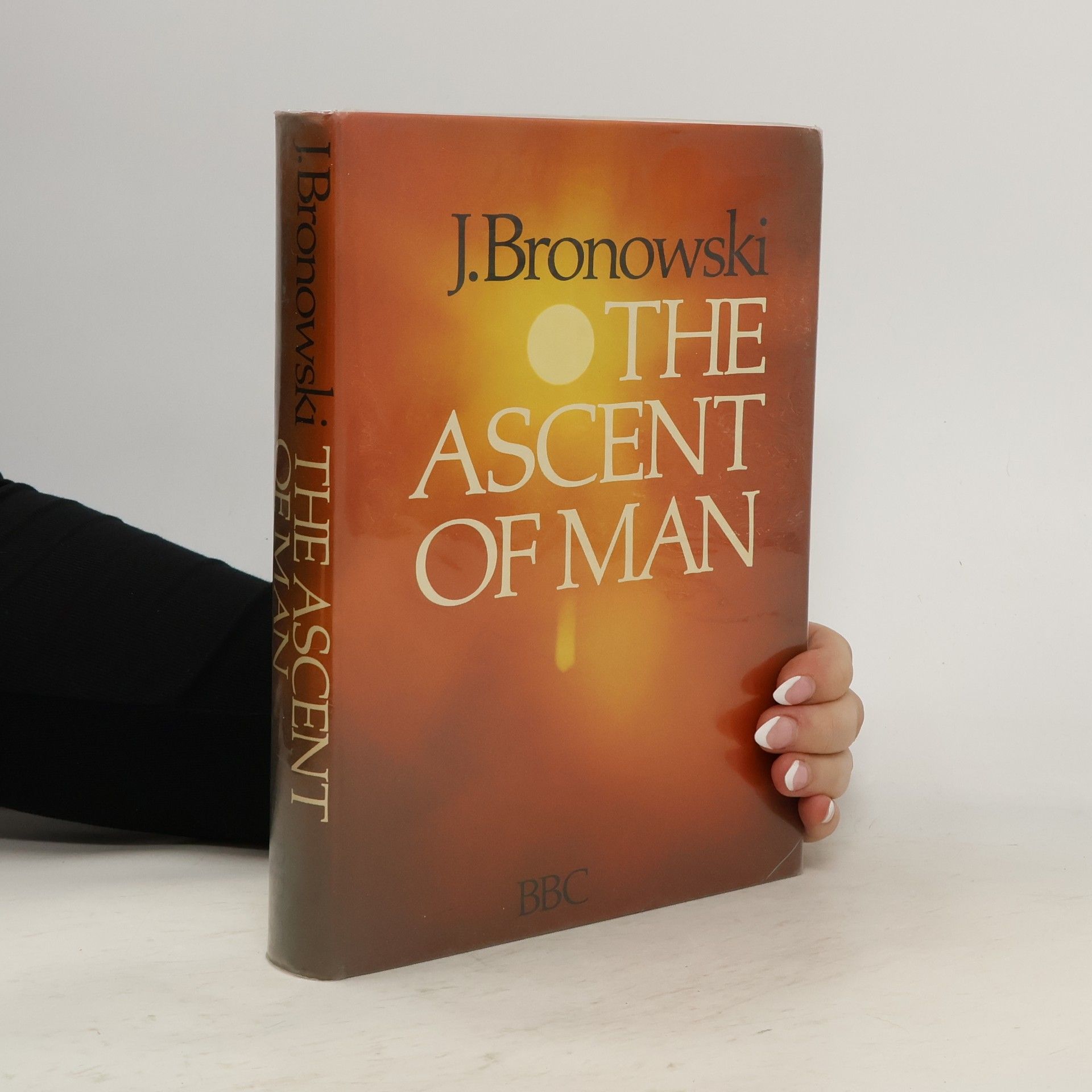
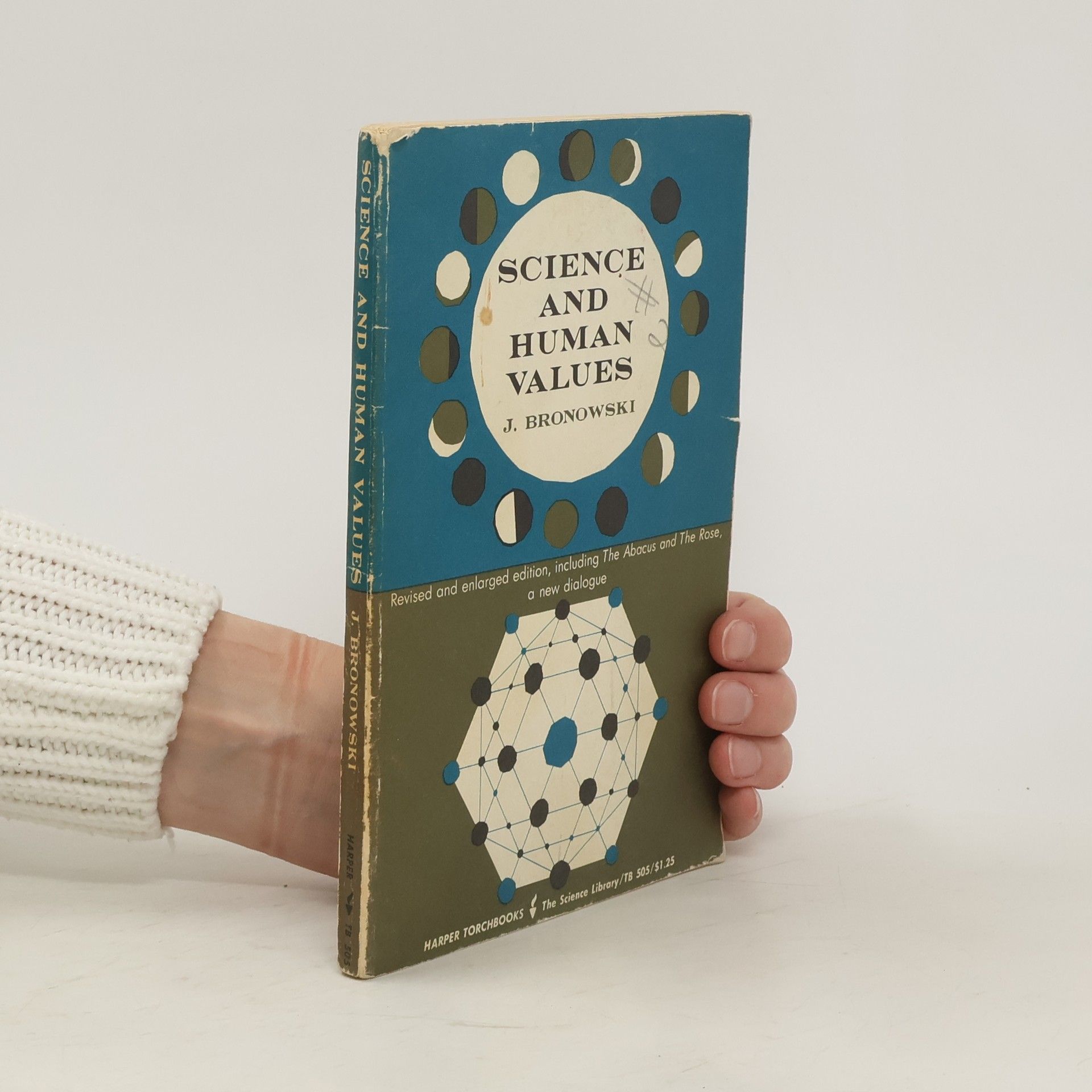
Vzestup člověka (The Ascent of Man)
- 448 páginas
- 16 horas de lectura
Originally developed as a television series, this work by an historian, inventor, mathematician and leader in the modern movement of scientific humanism traces the growth of science through the great monuments of human invention
Jacob Bronowski was, with Kenneth Clarke, the greatest popularizer of serious ideas in Britain between the mid 1950s and the early 1970s. He isolates three creative ideas that have been central to science: the idea of order, the idea of causes and the idea of chance.
The Visionary Eye
Essays in the Arts, Literature, and Science
Selected by Piero E. Ariotti in collaboration with Rita Bronowski
The Western Intellectual Tradition
From Leonardo to Hegel
The Penguin Poetry Library: William Blake
A Selection of Poems and Letters
- 256 páginas
- 9 horas de lectura
Kniha je písemným zpracováním stejnojmenného 13dílného dokumentu, který Bronowski připravil pro BBC v roce 1973 (seriál byl v roce 2000 britskou filmovou akademií zařazen mezi 100 nejvýznamnějších TV pořadů světa). Jde v podstatě o doslovný přepis libreta dokumentu. Sám autor knihu charakterizuje jako sbírku esejí na téma vznik a vývoj lidské civilizace a lidského poznávání a objevování. Kniha je bohatě ilustrovaná a kombinace slova a obrazu tvoří z knihy jedinečné dílo. Náročnější, ale také zajímavější úkol než podat historický vývoj lidského intelektu jakožto tvůrce duchovních hodnot, spočívajících hlavně v poznávání, si autor sotva mohl vytknout. Jacob Bronowski věří, že tento vývoj se čtenáři nejlíp přiblíží, vylíčí-li rovněž osudy, nebo spíš obrazy ze života těch, kteří se k němu nejdůrazněji propracovávali. Přitom však dovede udržet výklad na úměrně obecné úrovni. Kapitoly: Nižší než andělé, Plody čtvera ročních období, Struktura kamene, Skrytá struktura, Hudba sfér, Hvězdný posel, Vznešený orloj, Dobývání síly, Stupně stvoření, Svět v nitru světa, Stupně poznání či jistota, Generace za generací, Dlouhé dětství. První vydání. Cena knihy v čase vydání: 78.- Kčs. Přeložila Jaroslava Davidová-Moserová.
